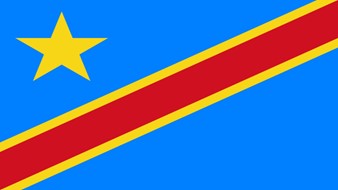
The Democratic Republic of Congo Celebrates Independence 30 June 2023
By Joy Osiagwu
Boarded by nine nations (Angola, Burundi, Central African Republic, the Republic of the Congo, Rwanda, South Sudan, Tanzania, Uganda, and Zambia), The Democratic Republic of Congo DR, also known as Congo-Kinshasa and formerly Zaire is located in the central part of the African continent. With a population of 112 million, it is the most populous Francophone nation in the world and the second-largest country in Africa. The capital city is Kinshasa.
Some of the famous African Lakes on the continent (Lake Albert, Lake Edward, Lake Kivu, Lake Tanganyika, and Lake Mweru) are located in the country. The official language spoken is French. But other common languages include Kikongo, Kituba, Lingala, Swahili, and Tshiluba. The country was formerly a Belgian colony.
It gained independence on June 30, 1960, although civil wars and militia conflicts characterized the early years. Patrice Lumumba won the parliamentary elections and became the first Prime Minister in 1960.
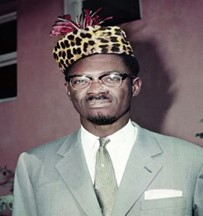
But Lumumba was removed from office on September 5, 1960, by Joseph Kasa-Vubu, president of the Alliance des Bakongo party, who blamed him for the massacre by the armed forces in South Kasai by the Soviets he invited into the country. With the support of the United States and Belgium for Colonel Joseph Mobutu, Lumumba’s duties ended in 1961.
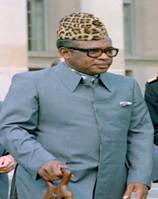
Col. Joseph Mobutu declared himself president in the November 1965 coup and changed his name to Mobutu Sese Seko and the country to Zaire. He ruled for 32 years and was toppled by Laurent Kabila in 1997 who renamed the country the Democratic Republic of the Congo.
However, in August 1998, a series of conflicts erupted, leading to his assassination in 2001. His son Joseph Kabila became the head of state.
2003 welcomed a transitional government. But the political upheaval was still ongoing despite the presence of the United Nations troops and the approval of a new constitution. As a result, over six million people died, and two million were displaced between 1998 and 2003.
According to the World Bank, nearly half of the population experiences abject poverty despite being one of Sub-Saharan Africa’s leading oil producers.
The country is a member of the African Union, the United Nations, the World Trade Organization, the Central African Economic Community, the Great Lakes Economic Community, the Common Market for Eastern and Southern Africa, and the Southern Africa Development Community.
Current Governance Structure
Congo operates a democratic republic headed by the president elected to a maximum of two seven-year terms. He serves as both chief of state and head of the government. The president also appoints the Council of Ministers under the constitution of 2002. Felix Antoine Tshisekedi became President of the Democratic Republic of the Congo in January 2019.
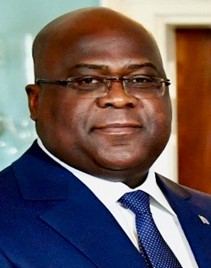
Trending News
President Felix Tshisekedi of Congo met with his Chinese counterpart, President Xi Jinping, during a five-day state visit from May 22, 2023, to discuss important investment deals. Top on the agenda was the discussion about re-negotiating a trade agreement about “resources for -infrastructure” struck in 2008, which President Tshisekedi considers unfavorable to Congo. The meeting also considered sealing a $6bn infrastructure deal in the mining sector with Chinese investors. China is DR Congo’s top trading partner and major investor in the solid mineral sector.
Congo DRC Connections in Ottawa
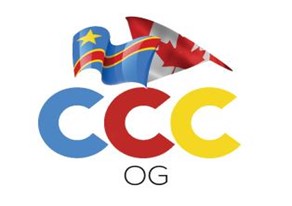
The Communaute Congolaise du Canada Ottawa Gatineau is on Facebook with over two thousand followership. The Non-organization caters to Congolese residing in the capital region and Gatineau area. The need to live in harmony while collaborating with other community members in the capital region and the African community is of great concern to the group. The organization and other members of the Congolese community in Ottawa have been active over the years, contributing to social activities and issues of development in their country of origin. Visit Black Ottawa Scene to read about past activities involving the Congolese community in Ottawa.
For more information about the community contact
